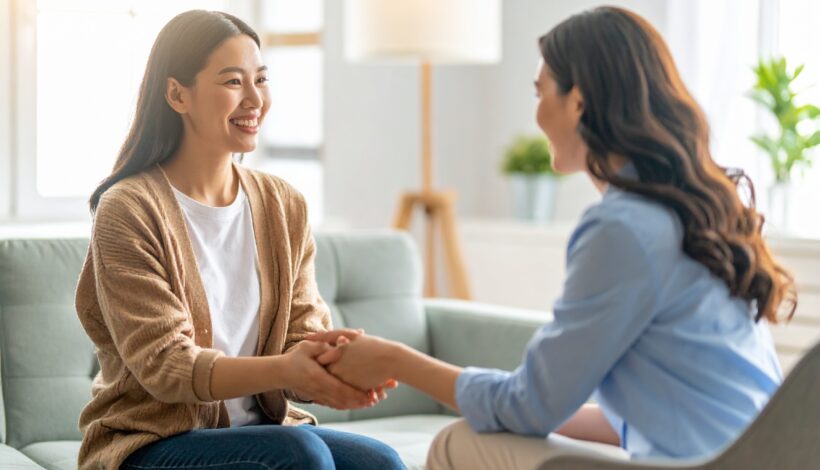Understanding EMDR for Childhood Trauma and Complex PTSD
Eye Movement Desensitization and Reprocessing (EMDR) is a structured, evidence-based therapy designed to help individuals reprocess traumatic memories. Originally developed for PTSD, it has proven especially effective for those carrying unresolved childhood trauma and complex PTSD symptoms into adulthood. Through bilateral stimulation and targeted memory work, EMDR taps into the brain’s innate capacity to heal.
Why Trauma Lingers in High Achievers
You’ve built a career on intellect, strategy, and resilience. But if success feels hollow, or if emotional triggers undermine your relationships and wellbeing, early trauma may be at the root. For high-functioning professionals, unresolved childhood wounds often express themselves in anxiety, perfectionism, or difficulty trusting others. EMDR for Childhood Trauma and Complex PTSD provides a structured pathway to address these deeper patterns without dismantling the life you’ve built.
How EMDR Works
During EMDR sessions, clients are guided to recall distressing events while engaging in bilateral stimulation such as eye movements or alternating tactile sensations. This dual attention process mimics aspects of REM sleep, allowing the brain to reprocess traumatic memories. Over time, these memories lose emotional charge and integrate into your personal narrative in a way that no longer hijacks your present.
Who Is EMDR For?
This approach benefits adults with a history of early attachment wounds, emotional neglect, or repeated trauma, especially those with vague or fragmented memories. EMDR therapy for childhood trauma may be ideal for those who have tried traditional talk therapy with limited results. However, it may not be appropriate for individuals with untreated substance dependence, significant dissociation, or certain neurological conditions unless supported by additional modalities.
What the Research Says
Neuroimaging studies show that EMDR reduces activity in the amygdala (the brain’s fear center) while increasing prefrontal cortex regulation. A Journal of Anxiety Disorders study reported that 84% of single-trauma PTSD participants experienced significant symptom relief after six sessions. Unlike talk therapy, EMDR does not require detailed narrative processing, which makes it especially valuable for those overwhelmed by verbal recollection.
What to Expect from Treatment
EMDR treatment begins with a comprehensive intake and the development of coping tools. Reprocessing sessions last between 60 and 90 minutes. Clients often experience noticeable shifts in the vividness or emotional tone of memories over time. Most individuals working through complex trauma engage in 8 to 16 sessions, though this varies depending on personal history and therapeutic goals.
Best Practices for EMDR Success
It is essential to work with a certified EMDR clinician who understands developmental trauma. Before memory processing begins, you will learn stabilization skills such as grounding and containment techniques. Many professionals also benefit from integrating somatic therapy, which supports healing when trauma is stored physically. Tracking shifts in mood, body sensations, and triggers between sessions helps measure progress.
Dispelling Common Myths
Myth: EMDR erases memories.
Fact: EMDR reduces the emotional intensity of memories but does not eliminate them.
Myth: EMDR only uses eye movements.
Fact: Bilateral stimulation can also be auditory or tactile, tailored to your comfort and needs.
Frequently Asked Questions
Can EMDR therapy for childhood trauma work without detailed memories?
Yes. Many clients begin processing based on emotions, bodily sensations, or vague recollections.
How does EMDR for complex PTSD differ from standard treatment?
It involves more preparation and longer processing phases to address layered trauma and attachment injuries.
Is healing childhood trauma with EMDR a lasting solution?
Once a traumatic memory is fully reprocessed, its emotional charge rarely returns. That said, follow-up sessions may be helpful during times of stress.
A Next Step in Healing
You’ve learned to lead, solve problems, and excel professionally. Now it’s time to apply that same commitment to your inner world. EMDR for Childhood Trauma and Complex PTSD offers a research-backed path toward clarity, calm, and wholeness.






